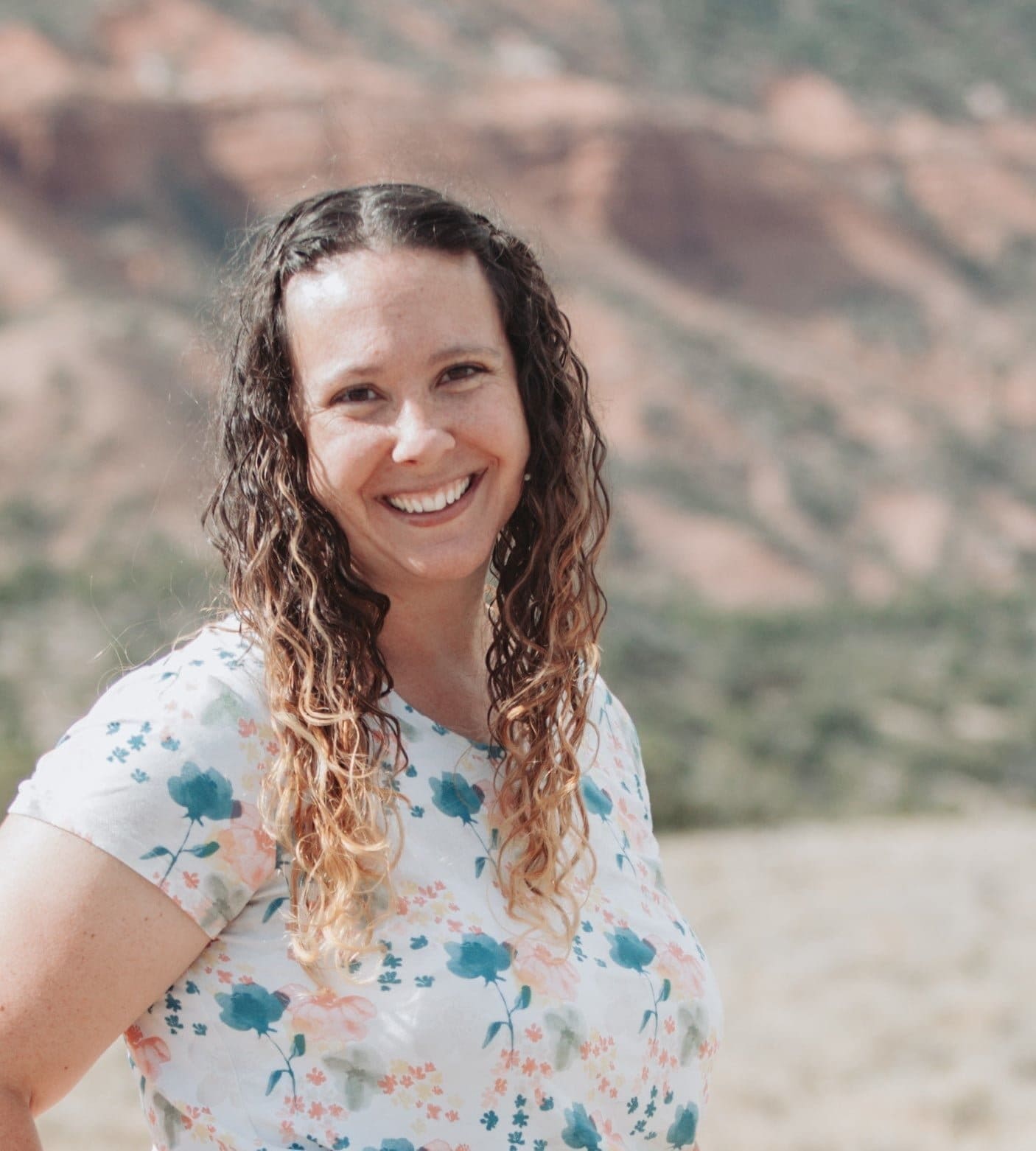WIHM: Brene Brown and Monsters: Finding Connection in Horror

By: Crystal Brinkerhoff
The best horror, the kind that gets my blood pumping and leaves me on the edge of my seat, holding my breath, anxious to see what happens next, is driven by relationships. Our connection to other humans makes us vulnerable, and vulnerability is risky. It opens the door for pain to potentially come in and make itself at home.
And yet, researcher Brene Brown says, “Connection is why we’re here; it is what gives purpose and meaning to our lives.”
When I was a newly married bride, I read Ira Levin’s The Stepford Wives. Oh how this book made me uncomfortable!
When Walter and Joanna move to Stepford, it’s supposed to be something of a fresh start for them. But Joanna starts feeling unsettled by things she’s observing. When she mentions her concerns to her husband, to the one person Joanna should be connected to, he dismisses her.
Brene Brown says, “Waking up every day and loving someone who may or may not love us back, who may be loyal to the day they die or betray us tomorrow—that’s vulnerability.”
Giving someone that kind of power is terrifying. Ultimately, Walter betrays Joanna, preferring to have a submissive robot of a wife instead of the dynamic woman he fell in love with and married.
I was so mad about this book when I read it. It played on the insecurities of a newlywed, and fed into nightmares I didn’t even know I had. The Eberharts were supposed to be a team, stronger together than alone.
Walter ruined it, and Joanna had no control over that fact. Years later, I’m still mad about The Stepford Wives.
It might be tempting to throw your hands in the air and say, “Forget it. I’ll never open my heart to anyone. That way, nobody can hurt me.”
And yet, “When we shut ourselves off from vulnerability, we distance ourselves from the experiences that bring purpose and meaning to our lives.”
In order to feel connection we must be vulnerable.
I love the way the 2018 film adaptation of The Haunting of Hill House illustrates this. This is not just a creepy haunted house tale, it is a deeper look at the complexity of sibling relationships. The house continues to haunt each individual member of the Crain family, even years after they’ve moved on from it.
Relationships in general are complicated, especially those sibling relationships as they mature into adulthood. Nobody can put you back into your place as a child in a family quite like a sibling can. It doesn’t matter how old you get.
The Crain siblings are messy. They are fraught with pain and betrayal. But at the root of each relationship is genuine love. The years have not changed how much these siblings love each other, nor has it changed the fact that they will fight for each other, even when they may not deserve it.
It’s beautiful, and that’s not always a description that gets thrown together with horror. But that’s what happens when relationships drive the story.
Brene Brown says “We don’t have to do all of it alone. We were never meant to.”
Ivy Walker in the 2004 film The Village understands this idea of connection. She has every intention of living out the rest of her days with Lucius Hunt.
I absolutely swoon during The Village. It has, no joke, the most romantic scene I’ve ever consumed in cinema.
Ivy stands at the threshold of her home, hand outstretched into the dark while a bell sounds to warn of a monster loose in the village. But she waits. She knows Lucius Hunt is out there. She knows he will come for her. Her sister urges her to join the others hiding under the floorboards, but Ivy ignores her pleas. We see the terror on Ivy’s face, but she is determined. Lucius will come for her. She knows he will.
The monster comes around the corner of the house, and just as it spots Ivy, a hand appears from the dark and swings Ivy around into the safety of the house. It’s Lucius. Ivy knew he would come, and he did.
I don’t even have to wait until the end of the movie to experience the emotional payoff. This is it. It is so simple, but it is everything. The deal is sealed. I’m committed to these two as a couple.
So when Lucius is dying and Ivy is granted permission to seek out medical help for him, the stakes are so much higher than if she were going to get medicine to keep on hand in case they ever needed it in the future. Lucius is her future. Ivy put her vulnerability on display in front of a literal monster, and Lucius responded. They are meant to be. She HAS to save him.
“Embracing our vulnerabilities is risky, but not nearly as dangerous as giving up on love and belonging and joy.” Furthermore, “when we shut ourselves off from vulnerability, we distance ourselves from the experiences that bring purpose and meaning to our lives.”
In A Quiet Place, the film wastes no time illustrating just how high the stakes are. No one is safe. With a baby on the way, the Abbott parents are willing to do whatever it takes to help their children stay alive. It is this drive to protect their children, to teach them the things they’ll need to know to survive, this need to connect and protect that drives this family forward and thus the story.
At one point Evelyn even asks Lee, “Who are we if we can’t protect them? Who are we? You have to protect them. Promise me, you will protect them.”
Brene Brown suggests that we only discover the infinite power of our light when we are brave enough to explore the darkness. This movie certainly forces its characters to do that.
At the moment of climax, the most critical point of the movie, each family member finds themselves isolated and alone. This is not an accident. This is great storytelling. The family is stronger when they’re together, and they must find their way through the dark back to each other. It is in the dark that they discover their infinite power of light.
Vulnerability opens the door to pain. But it can also open the door to the greatest purpose and meaning we experience in our lives. And we experience this over and over again in the best horror stories.

Crystal Brinkerhoff
Author
Crystal Brinkerhoff is a short story horror writer who lives at the foot of the Wasatch Mountains. Her work has been published by Eakin Press and currently holds the highest number of upvotes by readers on verso.ink. As the sixth of nine siblings, Crystal often uses the complexity of human relationships to drive her stories. When she’s not writing, Crystal likes strolling through cemeteries, exploring ghost towns, and watching Twilight Zone.











